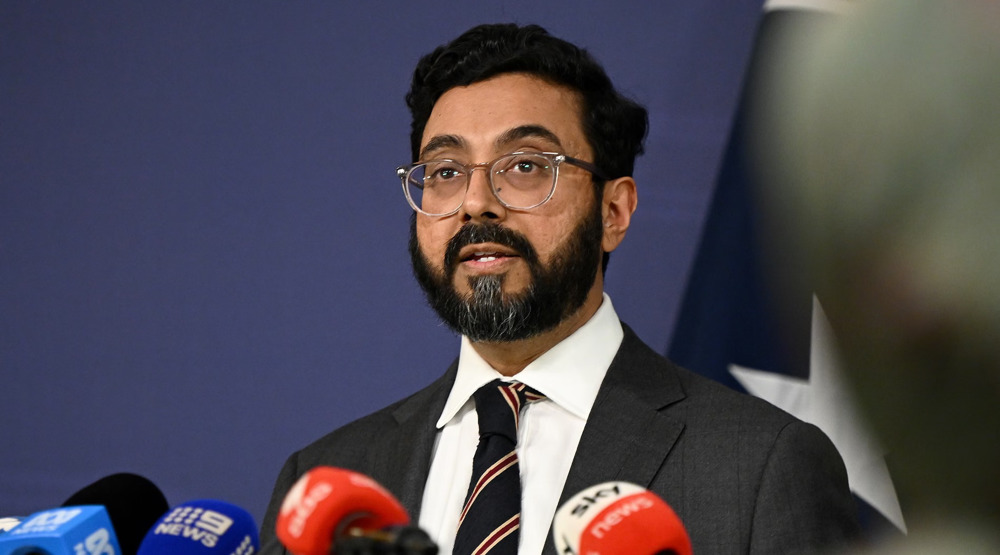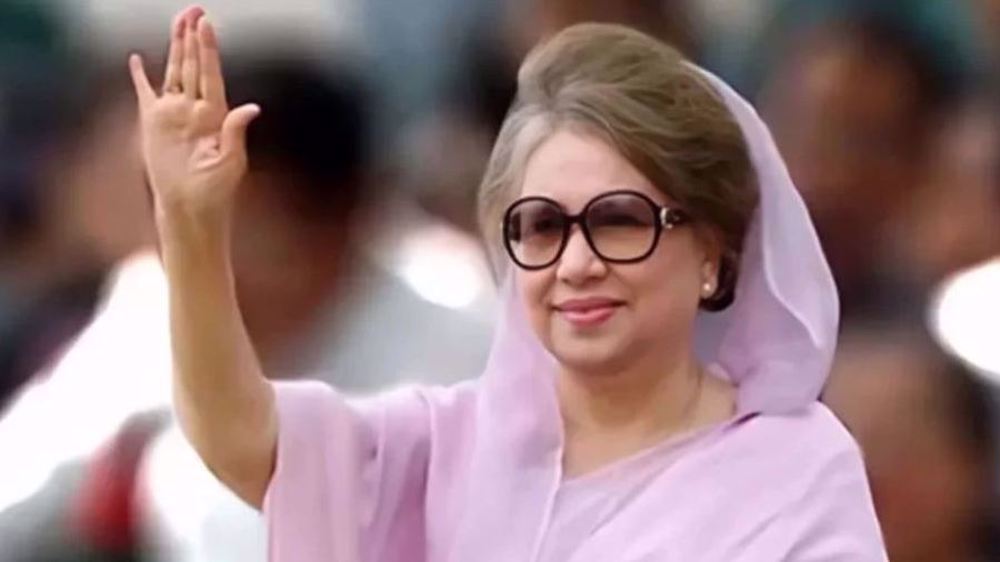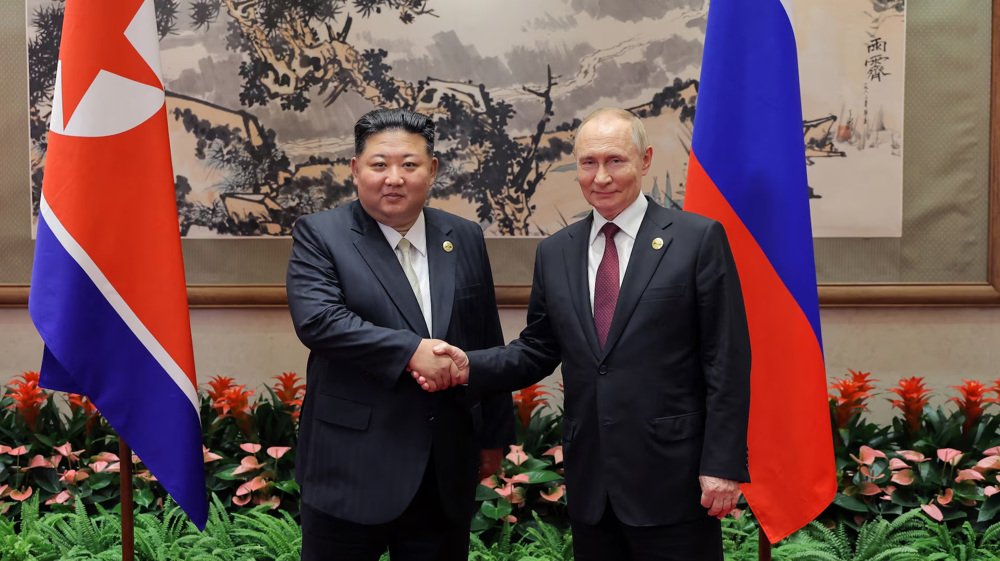ICC to probe Myanmar atrocities with accounts of gang rape, mass graves
Disturbing accounts and evidence of Rohingya women tied to trees and raped by Myanmar’s military forces as well as men shoved into mass graves and set on fire have been turned over to the International Criminal Court (ICC) for potential probe of the atrocities.
The evidence was submitted to the court by a coalition of Bangladeshi organizations as the ICC prosecutors are pressing to conduct an investigation into broad allegations of forced deportation of the minority Muslim population from Myanmar, where the international body has no jurisdiction, The Guardian daily reported on Saturday.
The evidence includes the story of 10-year-old Marwa, “whose family was shot dead before she, along with a group of other young girls from her village, was taken to a nearby school where they were repeatedly gang-raped.”
The exclusive report cited a document turned over to the ICC by the Asian Legal Resource Centre (ALRC) and its partner Odhikar.

Another document submitted to the ICC recounts the ordeals of a 20-year-old woman identified as Khurshida, “who described how she was held captive with several other Rohingya women, before being stripped, tied to trees and raped for days.”
She eventually lost consciousness and was “dumped outside the camp by soldiers who assumed she was dead,” the report said.
The case of the 25-year-old Sakila “who hid as her family were locked inside a house that was set alight by soldiers” as well as that of 31-year-old Nur Jahan “who was raped violently and repeatedly in front of her seven-year-old daughter” were also among the documents given to the international court.
Bangladeshi rights groups have argued that the sexual and gender-based nature of much of the violence committed in the majority Buddhist Myanmar against the Rohingya “is fundamental to the case and that ICC action should be taken to put the perpetrators on trial.”
The legal argument for an ICC probe of the atrocities in Myanmar, the report says, is being led by prosecutor Fatou Bensouda, pointing out that this is “the first time such a case has been considered by the court.”
Myanmar likely to reject ICC’s jurisdiction
While Bangladesh is a member state, giving the ICC power to investigate crimes committed there, Myanmar is not an ICC member and rejects that any ethnic cleansing has taken place against the Rohingya Muslims as widely alleged by the United Nations and international rights groups.

Bensouda argues that the cross-border nature of the forced deportation of the Rohingya into Bangladesh indicates that it could legally fall within ICC’s jurisdiction.
ICC judges met behind closed doors at The Hague this week to start their discussions on the case and the documents submitted to the court will form the key part of the basis for an investigation.
According to the report, Myanmar has until July 27 to respond to the allegations and show that the ICC does not have jurisdiction over the case of atrocities carried out against Rohingya.
Will ICC live up to its mandate?
Human rights lawyer Wayne Jordash QC said the decision of the ICC judges would have decisive implications for the Rohingya people, who have no other legal recourse under the current circumstances.

“Will the court live up to its mandate to put an end to impunity for such crimes against humanity?” he said.
More than 700,000 Rohingya Muslims have been forced to flee Myanmar since August 2017 following a brutal campaign of violence conducted by the military. The mass carnage has been described as both ethnic cleansing and “having all the hallmarks of genocide” by the UN.
Myanmar leader Suu Kyi has come under fire for doing virtually nothing to stop the crimes. Her government has also snubbed and obstructed UN officials seeking to investigate the alleged atrocities and prevented aid agencies from delivering food, water and medicines to the refugees.
A team commissioned by the UN Security Council visited Myanmar and Rakhine state in early May and met with refugees who gave detailed accounts of killings, rape and torching of villages at the hands of Myanmar's military.
The Rohingya have lived in Myanmar for generations but are denied citizenship and are branded illegal immigrants from Bangladesh, which likewise denies them citizenship.
The UN has described the 1.1-million-strong Muslim community as the most persecuted minority in the world.
VIDEO | Protesters in Paris slam Israel’s revocation of NGO licenses in Palestine
Israeli minister lays claim to Gaza, West Bank, calls Palestinians 'temporary guests'
Hamas: US strike on Venezuela, abduction of Maduro ‘grave violation of intl. law’
VIDEO | Lebanon commemorates martyrdom anniversary of General Soleimani
VIDEO | Massive protest held in Cuba to condemn US military operation in Venezuela
US Democrats float retaliation over Trump’s ‘insane’ Venezuela aggression
Iranian badminton star set to make history: Why Soraya Aghaei’s IOC nomination matters
VIDEO | Tunisians commemorate martyred resistance leaders













 This makes it easy to access the Press TV website
This makes it easy to access the Press TV website